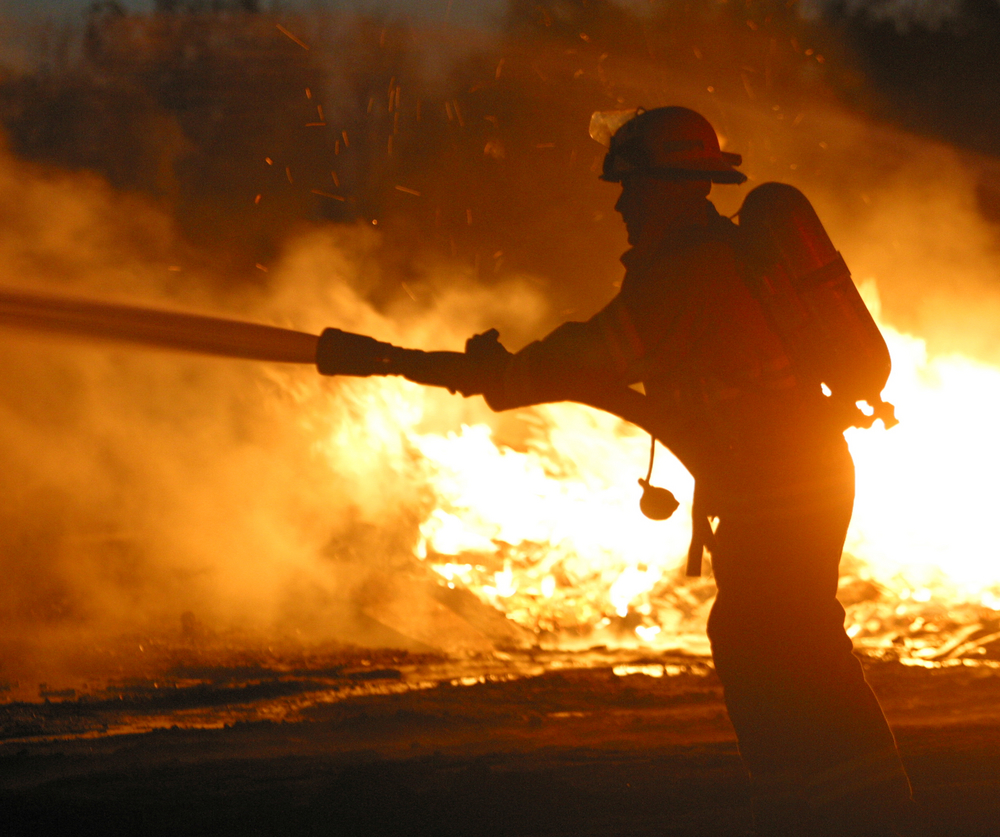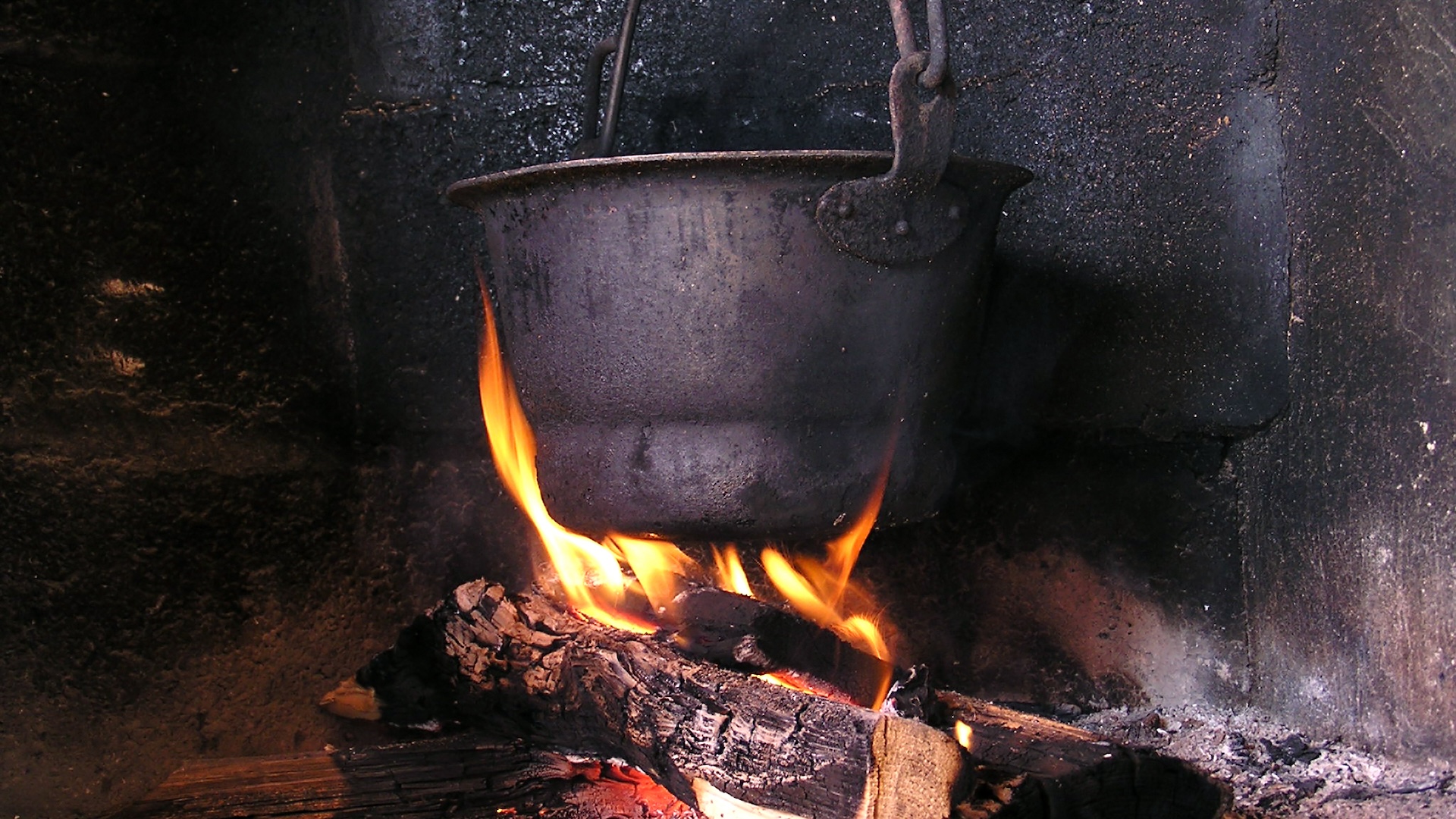Out-of-Control Blood Pressure Higher for Cops & Firefighters

Firefighters and police officers are less likely to know they have high blood pressure and to take medicine to treat the condition compared with workers in many other occupations, a recent study suggests.
Researchers looked at whether a person’s occupation played a role in high blood pressure. Out of nearly 7,000 U.S. workers, 1 in 5 had high blood pressure.
Among police officers and firefighters, 25 percent had high blood pressure, but only about 50 percent of those knew it. In contrast, 73 percent of people working in sales and 78 percent of people working in service occupations, such as food service or health service, who had high blood pressure were aware of their condition.
Cops and firefighters also ranked among the lowest among professions in terms of the percentage of people who knew they had high blood pressure and were taking medication for it, and the percentage of those taking medication whose blood pressure was under control.
“These workers have uniquely stressful situations where their actions and decisions can mean the difference between life and death,” said lead author Evelyn P. Davila, who was with the Centers for Disease Control and Prevention at the time of the study.
Although job stress was not measured in the study, other studies have shown high stress levels among police officers and firefighters, Davila said.
The findings suggest a need to better manage high blood pressure among workers in protective services, a category that also includes security workers, along with police and firefighters.
Sign up for the Live Science daily newsletter now
Get the world’s most fascinating discoveries delivered straight to your inbox.
“These workers might need greater awareness of this problem,” she said. “It’s possible that they’re not told they might be at higher risk for hypertension.”
High blood pressure among U.S. workers
An estimated 67 million people in the U.S. have high blood pressure, and more than half don’t have it under control, according to the CDC.
The researchers used data gathered on workers in 40 occupations during the 1999 to 2004 National Health and Nutrition Examination Surveys. Participants in this survey answer questions about their health and also undergo a physical exam.
Among protective services workers who knew they had high blood pressure, 79 percent were taking medication for it — the lowest percentage of any occupation. Among all workers surveyed, 90 percent of those who knew they had the condition were taking medication.
And among those taking medication, 48 percent of cops and firefighters had their blood pressure under control, whereas 65 percent of all workers taking blood pressure medication had their blood pressure under control.
One possible reason for the high occurrence among protective service workers could be greater exposure to noise, the researchers said. Chronic noise has been linked with high blood pressure.
“When a person is in a stressful situation, the adrenal glands release epinephrine,” the hormone that plays a role in the “fight or flight” response, said Davila, who is now at the University of California, San Diego.
“Loud noise has been found by other researchers to increase stress, which then leads to increased blood pressure,” she said. [7 Ways to Reduce Job Stress]
What should be done
Based on study findings, Davila and her colleagues recommended employers provide work-site health programs.
“Even if these workers are taking their medications, their blood pressure should be periodically checked to ensure it is within the normal range,” Davila said.
The study was published in the September issue of the Journal of Occupational and Environmental Medicine.
Pass it on: Only half of police and firefighters who high blood pressure know it, and compared with people in other occupations, they are less likely to get treatment or keep it under control.
This story was provided by MyHealthNewsDaily, a sister site to LiveScience. Follow MyHealthNewsDaily on Twitter @MyHealth_MHND. We're also on Facebook & Google+.










